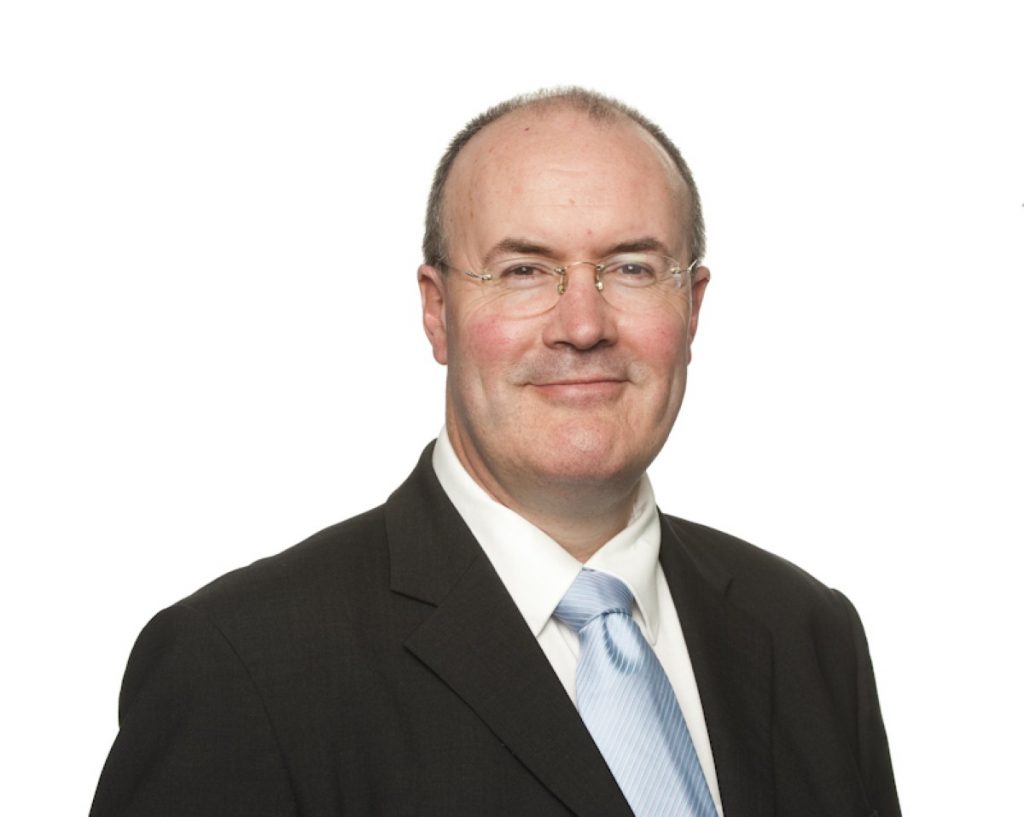Comment: Scotland’s goal of a ‘smoke-free’ society is conformist and illiberal
By Simon Clark
It has been reported the Scottish government wants to make Scotland 'smoke-free' within two decades.
The definition of 'smoke-free' seems to change according to the weather. For some it means a ban on 'all commerce in tobacco'. For others it's a ban on smoking in all public and many private places, indoors and out. Sometimes a 'smoke-free' country is one where no child will ever be exposed to tobacco smoke or, shock horror, the sight of someone smoking.
For campaigners in Scotland a smoke-free country is one in which less than five per cent of the population smoke. Fair enough, but a goal like that has to be the result of voluntary behaviour, market forces or changing attitudes in society. In reality no country has come close to achieving that target and I believe it is impossible, in this century at least, without the most draconian legislation.
Nobody is saying that smoking is a healthy thing to do but a lot of people enjoy smoking and they will continue to smoke whether politicians like it or not. In fact, the more you tell some people how to behave the less likely they are to acquiesce. For several years I have witnessed a phenomenon whereby an increasing number of smokers are reaching for their fags in defiance, including some who were on the verge of quitting.
The smoking ban and subsequent anti-tobacco legislation such as the display ban and the outlawing of tobacco vending machines has had little or no discernible effect on smoking rates. Ten million adults continue to smoke in the UK and there is no sign that the overwhelming majority are going to quit in the foreseeable future.
Anti-tobacco measures that are currently being considered include standardised packaging and a ban on smoking in cars with children. There is no credible evidence that plain packaging will have any impact on smoking rates, and research suggests that only a very small percentage of parents who smoke light up in a vehicle if a child is present, so that's not going to make much difference either.
No, the only way government has any hope of making a country 'smoke-free' is to price tobacco out of reach of ordinary people and hope that they don't turn to what is certain to be a flourishing black market.
Government can also ban the sale of tobacco but making tobacco or its use illegal won't stop people smoking. It will simply drive the product underground into the hands of criminal gangs. The government will lose control of the market not to mention billions of pounds in revenue. And before anyone asks 'how much does smoking cost the NHS?', the estimated cost of treating smoking-related diseases is a quarter of the current annual revenue (£10 billion) from tobacco taxation.
I don't dispute there are serious health risks associated with smoking or that government has a role to play educating people about the risks of smoking, drinking too much alcohol, eating too much fatty food and so on. But with smoking, things have got out of hand. There is now a degree of bullying involved that is unacceptable in a tolerant society. People are no longer educated to cut down or quit. Instead they are insulted and coerced and made to feel like lepers.
Before these proposals go any further the Scottish government must tell us how they intend to make Scotland smoke-free and what penalties may be introduced for those who continue to smoke.
Will people face jail if they consume tobacco in this brave new smoke-free world? Will Scotland become like Bhutan (the first country to ban the sale of tobacco) where in 2011 a Buddhist monk was reported by the BBC to be facing five years in prison after being caught with 72 packets of chewing tobacco? If that is the future the Scottish government should tell us now.
Thankfully a blow for common sense was struck in Ireland recently. It's significant because in 2004 Ireland was the first country to introduce a comprehensive public smoking ban. Senator John Crown wanted to make the grounds of Leinster House, home of the Irish parliament, completely smoke-free. However his proposal was rejected by the joint committee on health and children whose members voted 12:2 in favour of a voluntary response to the 'problem' of people smoking in four designated smoking shelters.
Excessive regulation has already forced hospital patients and pub goers to huddle outside if they want to enjoy a cigarette. The public smoking ban has led to pubs closing down at an alarming rate. Further legislation would send quite the wrong signal.
Instead society has to send politicians a clear message that we don't need heavy-handed intervention to bring about social change and unreasonable targets such as a 'smoke-free' country are for totalitarian, not democratic, states.
Unfortunately the tobacco-control industry is engaged in a campaign of creeping prohibition that should concern every one of us. The war on tobacco has less do with health and more to do with politics – the politics of prohibition.
Everyone knows the risks of smoking. Health campaigns going back decades have raised awareness to the point where nobody can cite ignorance as an excuse. But we must be careful as a society not to go too far. As long as we don't harm other people we should be allowed to take risks. If we try to eliminate every risk through draconian legislation we create a bland, conformist, illiberal society.
By proposing to make Scotland 'smoke-free' within a generation, the Scottish government is taking another dangerous step towards prohibition.
Simon Clark is director of the smokers' lobby group Forest.
The opinions in politics.co.uk's Comment and Analysis section are those of the author and are no reflection of the views of the website or its owners.





-01.png)